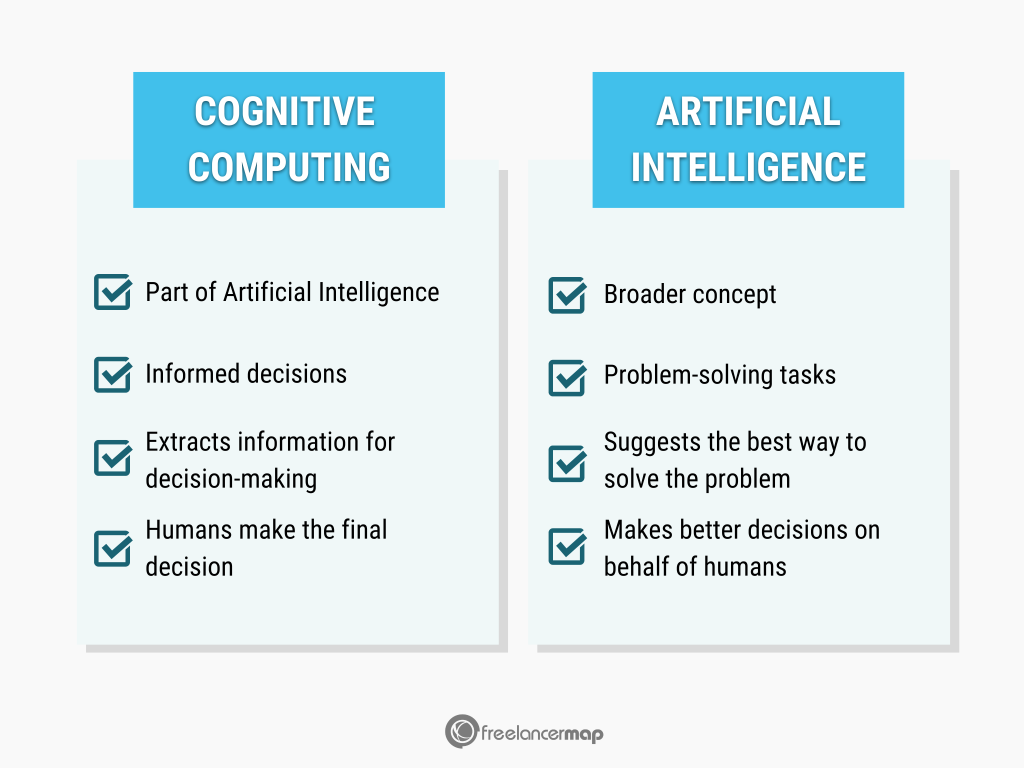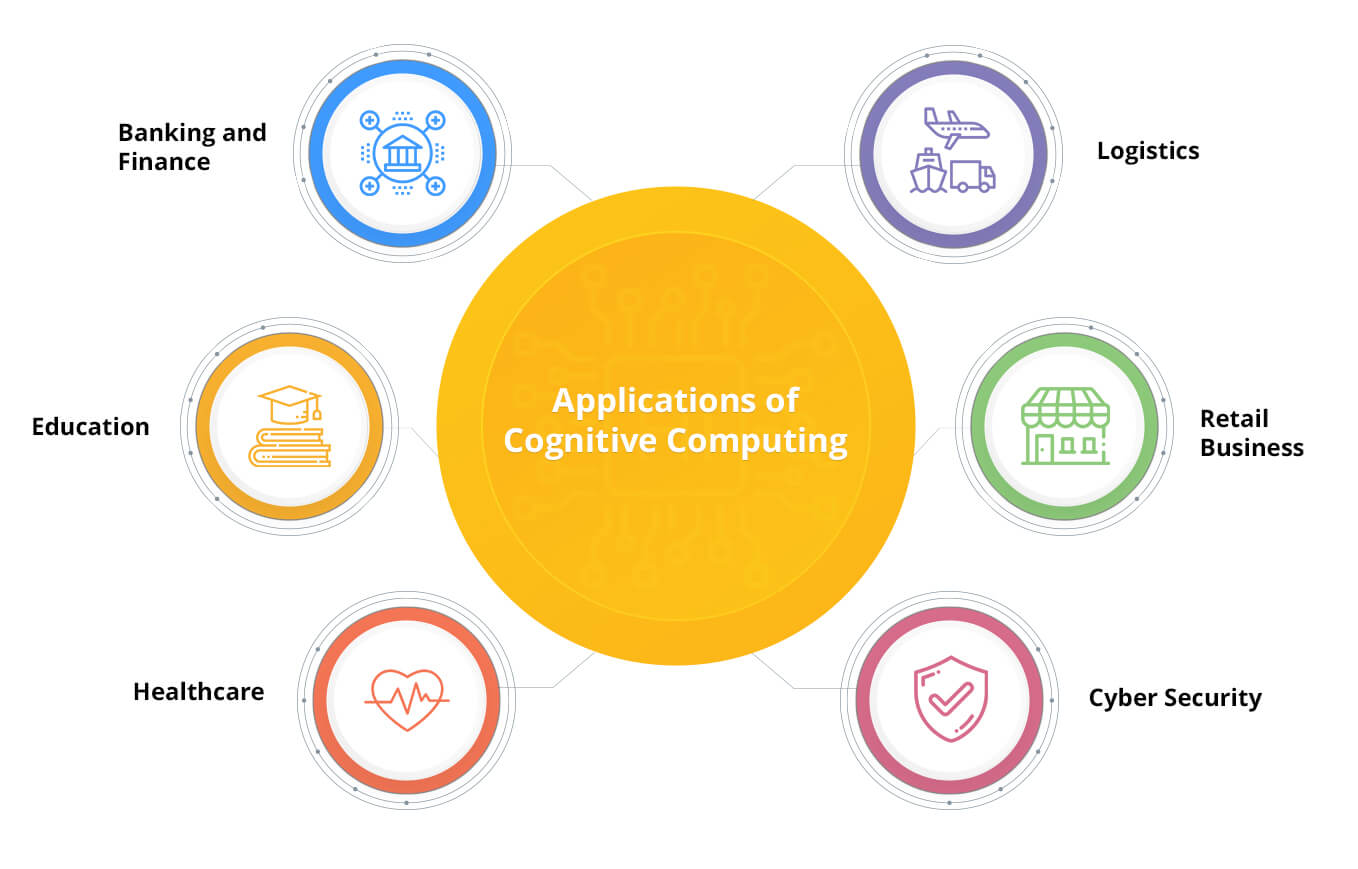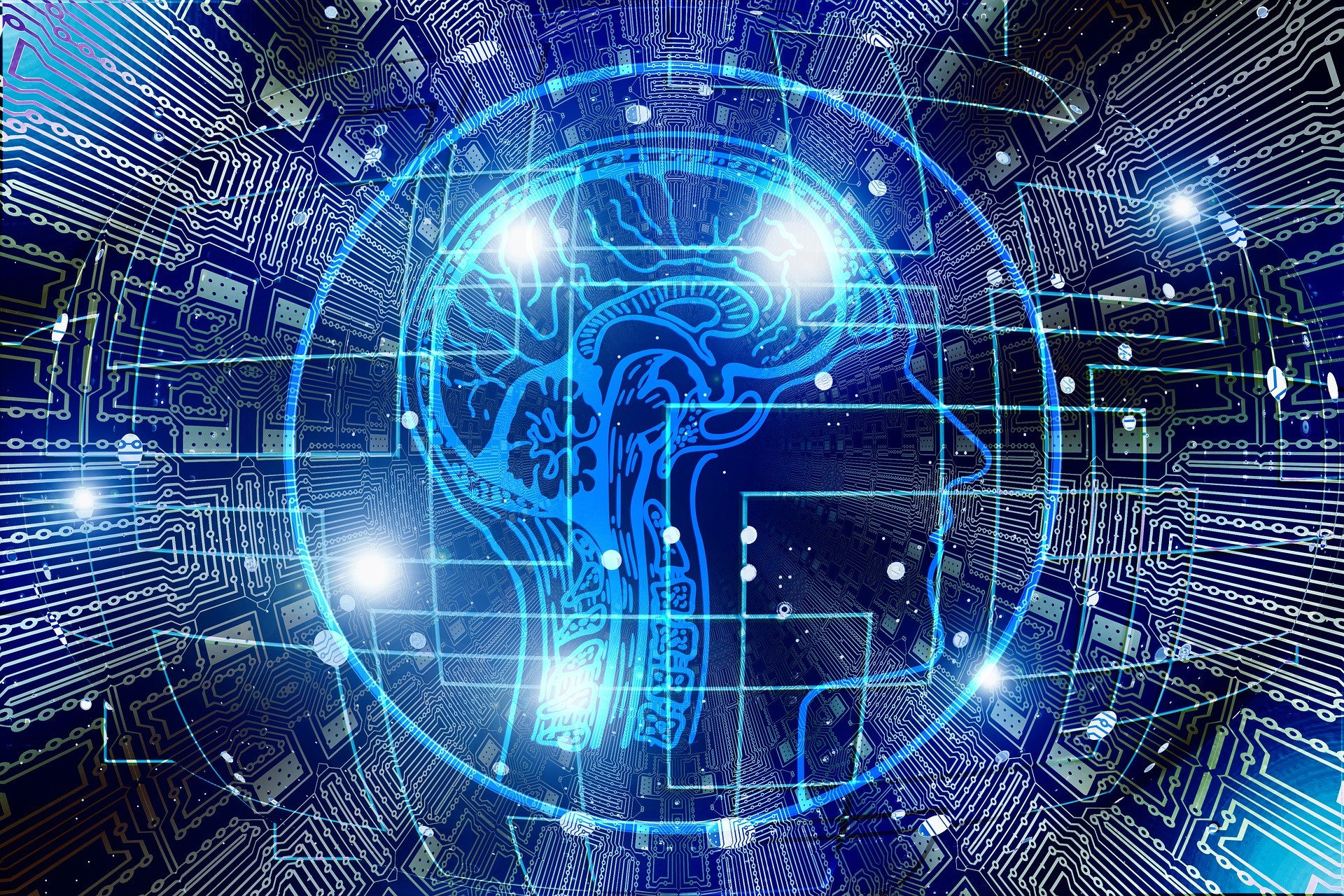The Promising Intersection of Cognitive Computing and Machine Learning: Towards Smarter AI
As someone who has navigated the complex fields of Artificial Intelligence (AI) and Machine Learning (ML) both academically and professionally, I’ve seen firsthand the transformative power of these technologies. Today, I’d like to delve into a particularly fascinating area: cognitive computing, and its synergy with machine learning. Drawing from my experience at DBGM Consulting, Inc., and my academic background at Harvard, I’ve come to appreciate the critical role cognitive computing plays in advancing AI towards truly intelligent systems.
The Essence of Cognitive Computing
Cognitive computing represents the branch of AI that strives for a natural, human-like interaction with machines. It encompasses understanding human language, recognizing images and sounds, and responding in a way that mimics human thought processes. This ambitious goal necessitates tapping into various AI disciplines, including the rich potential of machine learning algorithms.
< >
>
Interconnection with Machine Learning
Machine learning, the backbone of many AI systems, allows computers to learn from data without being explicitly programmed. When applied within cognitive computing, ML models can process vast amounts of unstructured data, extracting insights and learning from them in ways similar to human cognition. The articles on the Monty Hall problem and Gradient Descent in AI and ML highlight the technical depth involved in refining AI’s decision-making capabilities, underscoring the intricate relationship between cognitive computing and machine learning.
The Role of Learning Algorithms
In cognitive computing, learning algorithms enable the system to improve its performance over time. By analyzing vast datasets and identifying patterns, these algorithms can make predictions or decisions with minimal human intervention. The ongoing evolution in structured prediction and clustering within large language models, as discussed in previous articles, exemplifies the sophistication of learning algorithms that underlie cognitive computing’s capabilities.
Practical Applications and Future Implications
The practical applications of cognitive computing are as varied as they are revolutionary. From healthcare, where AI systems can predict patient outcomes and recommend treatments, to customer service, where chatbots provide real-time assistance, the impact is profound. As someone who has worked extensively with cloud solutions and process automation, I see enormous potential for cognitive computing in optimizing business operations, enhancing decision-making processes, and even advancing areas such as cybersecurity and privacy.
< >
>
Challenges and Ethical Considerations
Despite its vast potential, the integration of cognitive computing and machine learning is not without challenges. Ensuring these systems are explainable, transparent, and free from bias remains a significant hurdle. Furthermore, as we advance these technologies, ethical considerations must be at the forefront of development. The balance between leveraging these tools for societal benefit while protecting individual privacy and autonomy is delicate and necessitates careful, ongoing dialogue among technologists, ethicists, and policymakers.
Conclusion
The intersection of cognitive computing and machine learning represents one of the most exciting frontiers in artificial intelligence. As we move forward, the blend of my professional insights and personal skepticism urges a cautious yet optimistic approach. The development of AI systems that can learn, reason, and interact in human-like ways holds tremendous promise for advancing our capabilities and addressing complex global challenges. It is a journey I am keen to contribute to, both through my consultancy and through further exploration on platforms like davidmaiolo.com.
< >
>
As we continue to explore this frontier, let us commit to advancing AI with intentionality, guided by a deep understanding of the technologies at our disposal and a thoughtful consideration of their impact on the world around us.
Focus Keyphrase: Cognitive Computing and Machine Learning